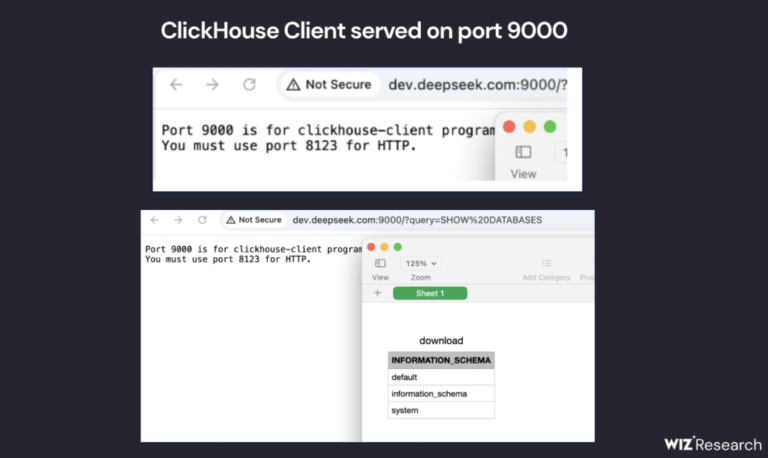
More than 85% of British employers employ monitoring technologies to track the productivity of their remote workforce. According to a recent survey, the majority of companies actively surveil employee activity, sparking concerns among workers and human rights advocates.
The most prevalent method of oversight is active working hours tracking (54%). Approximately 36% of companies analyze corporate emails, while 28% monitor employee chats. More than a third of employers track websites visited and applications used, while a quarter admitted to real-time screen surveillance. Additionally, 15% record every keystroke entered by employees.
Around 20% of employers track the physical location of their staff, raising serious concerns for digital nomads and remote workers. This trend underscores the escalation of corporate surveillance, particularly in light of the 2023 survey, which reported a 78% adoption rate of monitoring technologies—a figure that has now grown even further.
Despite the lack of clear legislative frameworks governing such practices, companies are still expected to comply with the European Convention on Human Rights and the UK Data Protection Act of 2018. However, workplace surveillance is deemed permissible if it is transparent, proportionate, and justified by legitimate business interests. The UK Information Commissioner’s Office (ICO) has issued guidelines recommending that employees be informed of monitoring measures, but these directives lack legal enforcement.
Approximately 47% of employees reported that being monitored induces stress and anxiety. Additionally, 51% of surveyed workers stated that they would consider resigning if they discovered they were being surveilled, while 17% indicated they would even accept a 25% pay cut to avoid workplace monitoring. For the average Briton, this would equate to a loss of more than £9,000 (approximately $11,160) annually.
Among the primary grievances voiced by employees are a lack of trust from management, the pressure to work longer hours with fewer breaks, and a sense of depersonalization, which 14% of respondents cited as a major concern. Yet, 70% of employers maintain that monitoring enhances trust and boosts productivity.
Surveillance extends beyond software-based tracking. Research by Cracked Labs highlights that employers are increasingly leveraging infrastructural data, such as employee movement within office spaces, attendance records, and behavioral analytics. For instance, “smart office” technologies can generate detailed employee profiles, further intensifying workplace scrutiny.
The authors of the study caution that such intrusive monitoring practices erode personal autonomy and undermine trust within organizations. Technologies initially introduced for security or efficiency purposes risk evolving into expansive corporate surveillance systems. As worker dissatisfaction and human rights criticisms mount, it becomes evident that businesses must strike a delicate balance between operational efficiency and employee rights—before the modern workplace transforms into a realm of total surveillance.


